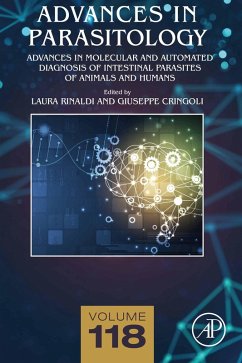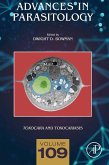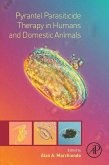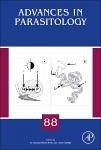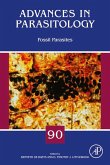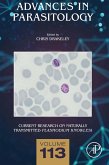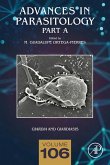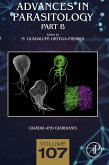Advances in Parasitology, Volume 116, the latest release in this ongoing series, includes medical studies of parasites of major influence, along with reviews of more traditional areas, such as zoology, taxonomy and life history. Chapters in this update include Landscape analysis of available diagnostic tests for STH: how far are we from the WHO TPPS? and Challenges and solutions for the diagnosis of animal and human Strongyloides stercoralis infection.
- Informs and updates on all the latest developments in the field of parasitology
- Includes medical studies of parasites of major influence
- Features reviews of more traditional areas, such as zoology, taxonomy and life history which will help shape current thinking and applications
Dieser Download kann aus rechtlichen Gründen nur mit Rechnungsadresse in A, B, BG, CY, CZ, D, DK, EW, E, FIN, F, GR, HR, H, IRL, I, LT, L, LR, M, NL, PL, P, R, S, SLO, SK ausgeliefert werden.

